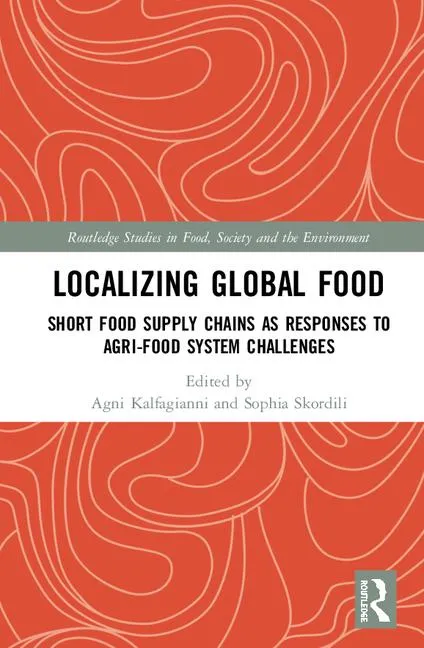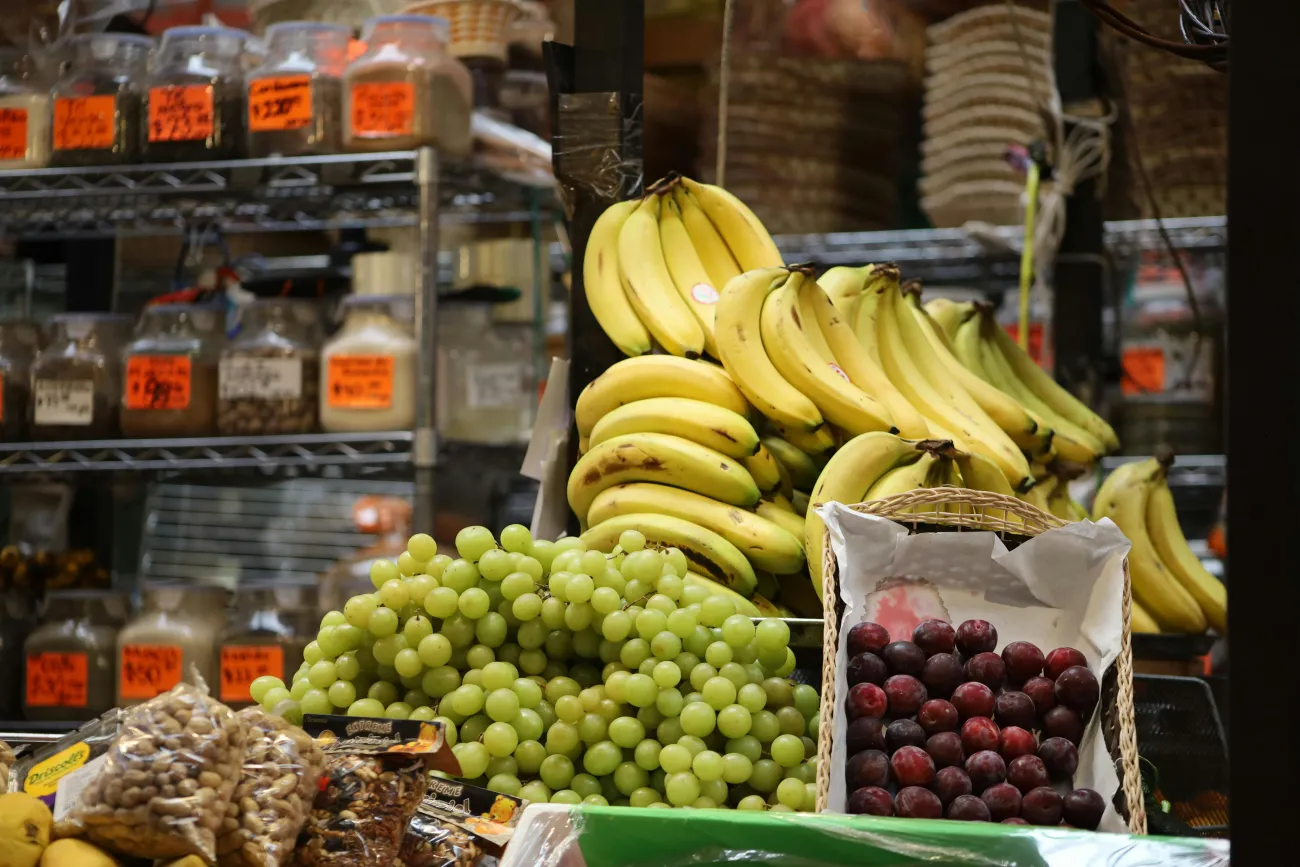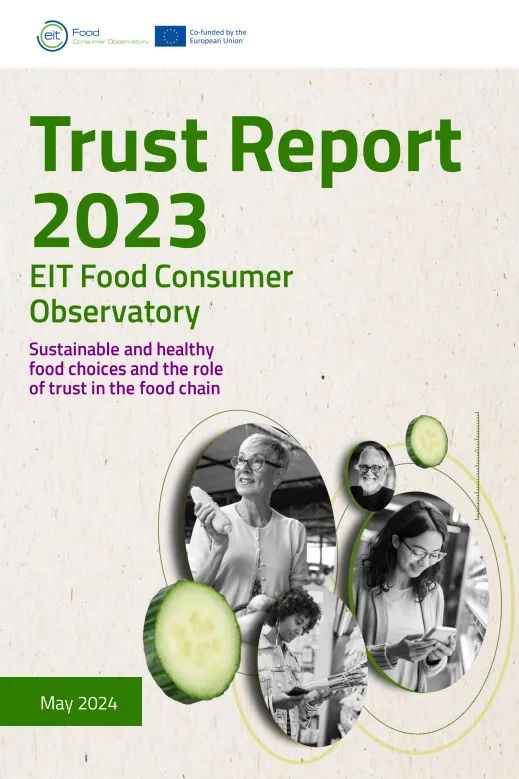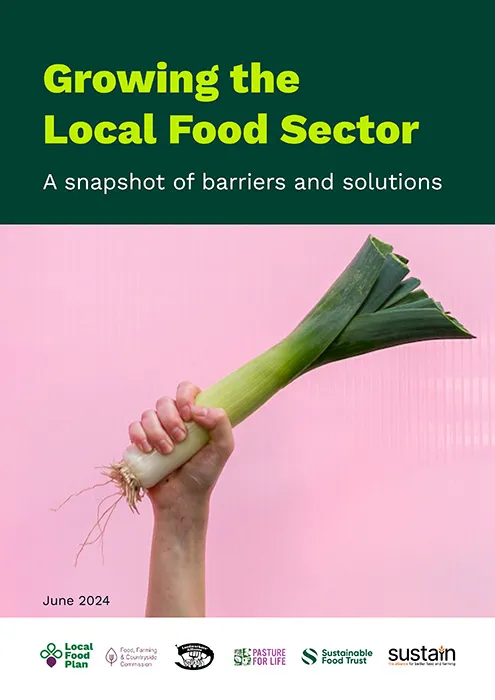This book uses case studies from Europe and North America to explore how relocalised food supply chains could respond to challenges to the food system. It argues that shorter food supply chains could in principle perform better socially, economically and environmentally than more geographically dispersed supply chains.

Publisher’s summary
Short food supply chains (SFSCs) rely primarily on local production and processing practices for the provision of food and are, in principle, more sustainable in social, economic and environmental terms than supply chains where production and consumption are widely separated.
This book reviews and assesses recent initiatives on this topic from an interdisciplinary perspective. In theoretical terms it draws on and advances two key concepts, namely, place (particularly embeddedness in local economic networks and communities) and governance (particularly in addressing sustainability concerns in an inclusive and socially just manner). Empirically, the book examines a diverse set of SFSCs such as small-scale entrepreneurship, farmers’ markets, community supported agriculture and grassroots and solidarity networks. The main examples discussed are from Europe and North America, but the issues are applicable in a global context.
The book is of interest to advanced students, researchers and professionals in food studies, sociology, geography, planning, politics and environmental studies.
Reference
Kalfagianni, A. and Skordili, S. (2020). Localising Global Food: Short Food Supply Chains as Responses to Agri-Food System Challenges. Routledge, London and New York.
Read more here. See also the Foodsource resource How important is transport?




Comments (0)